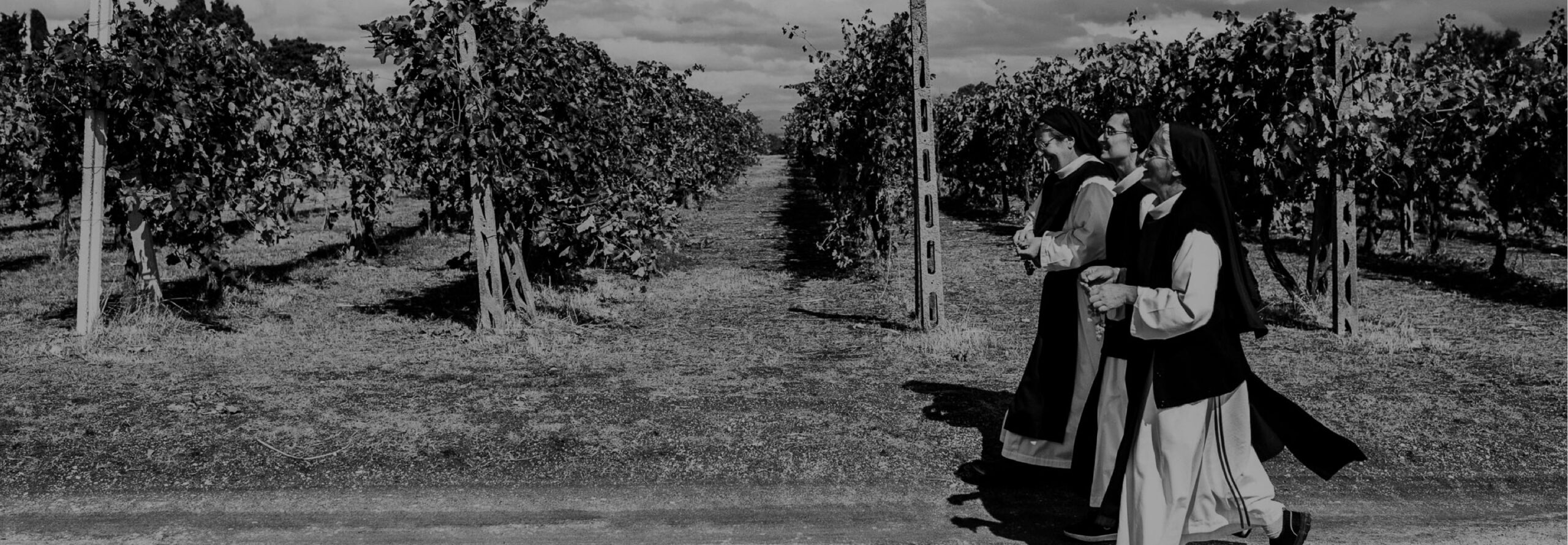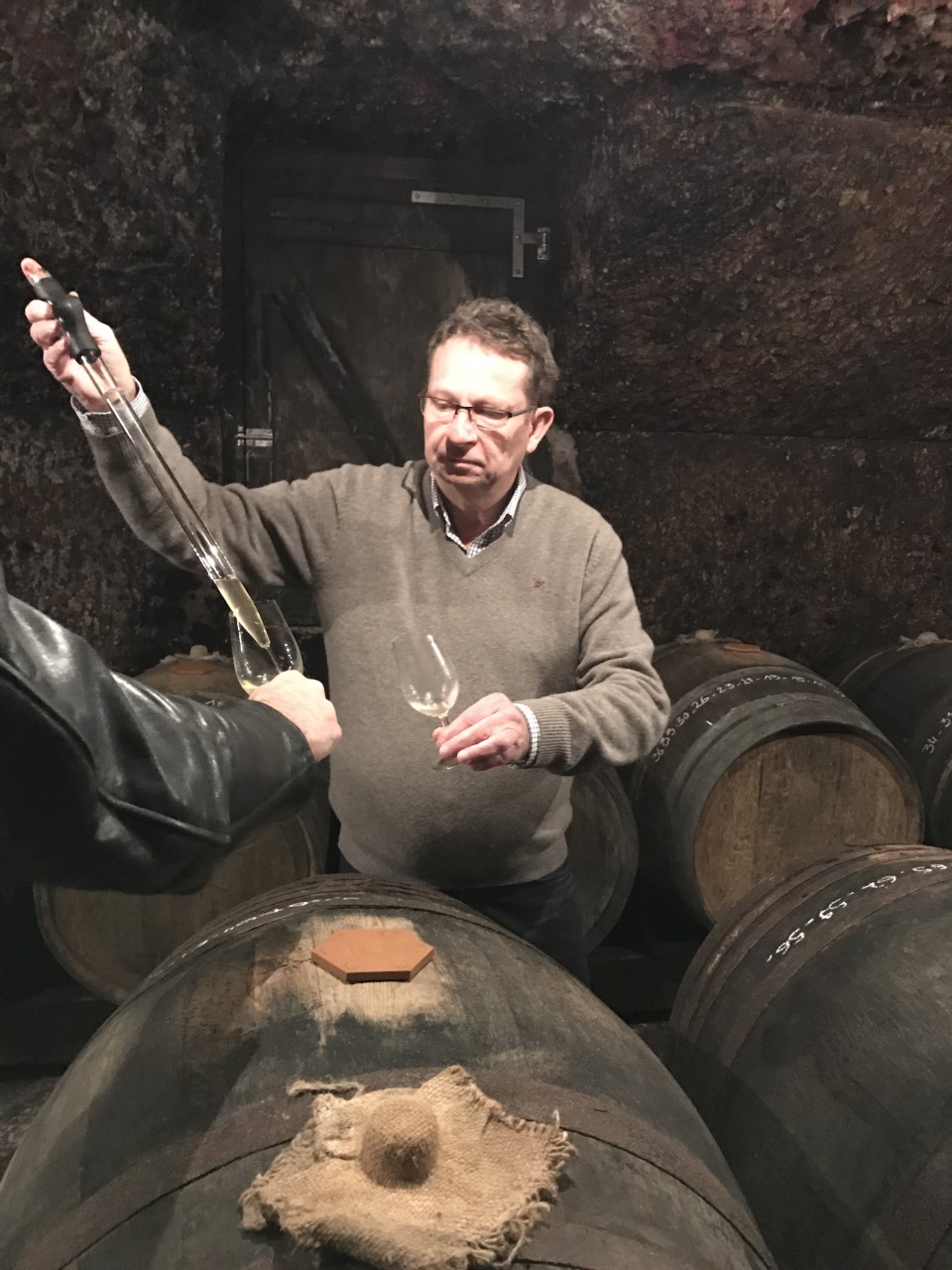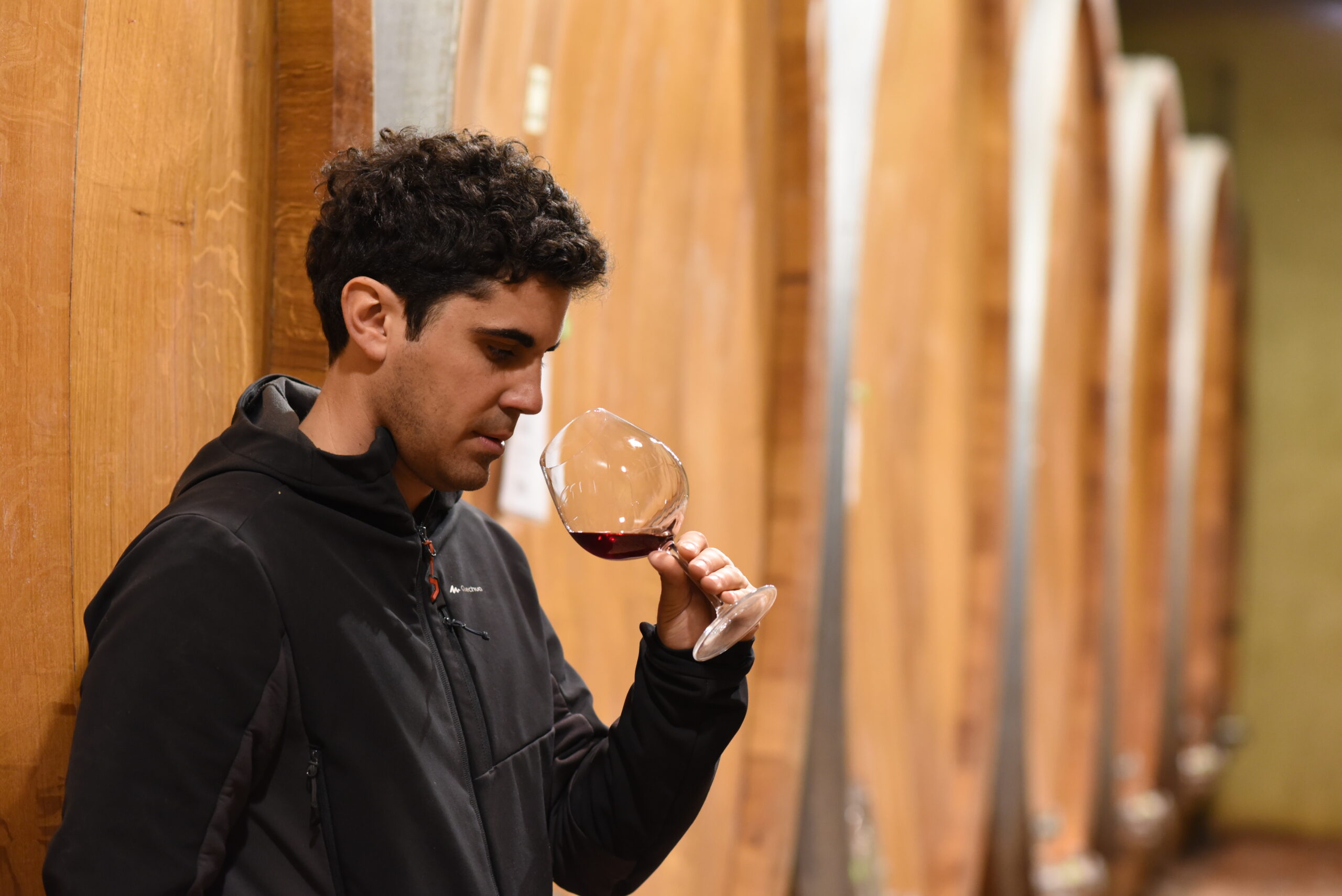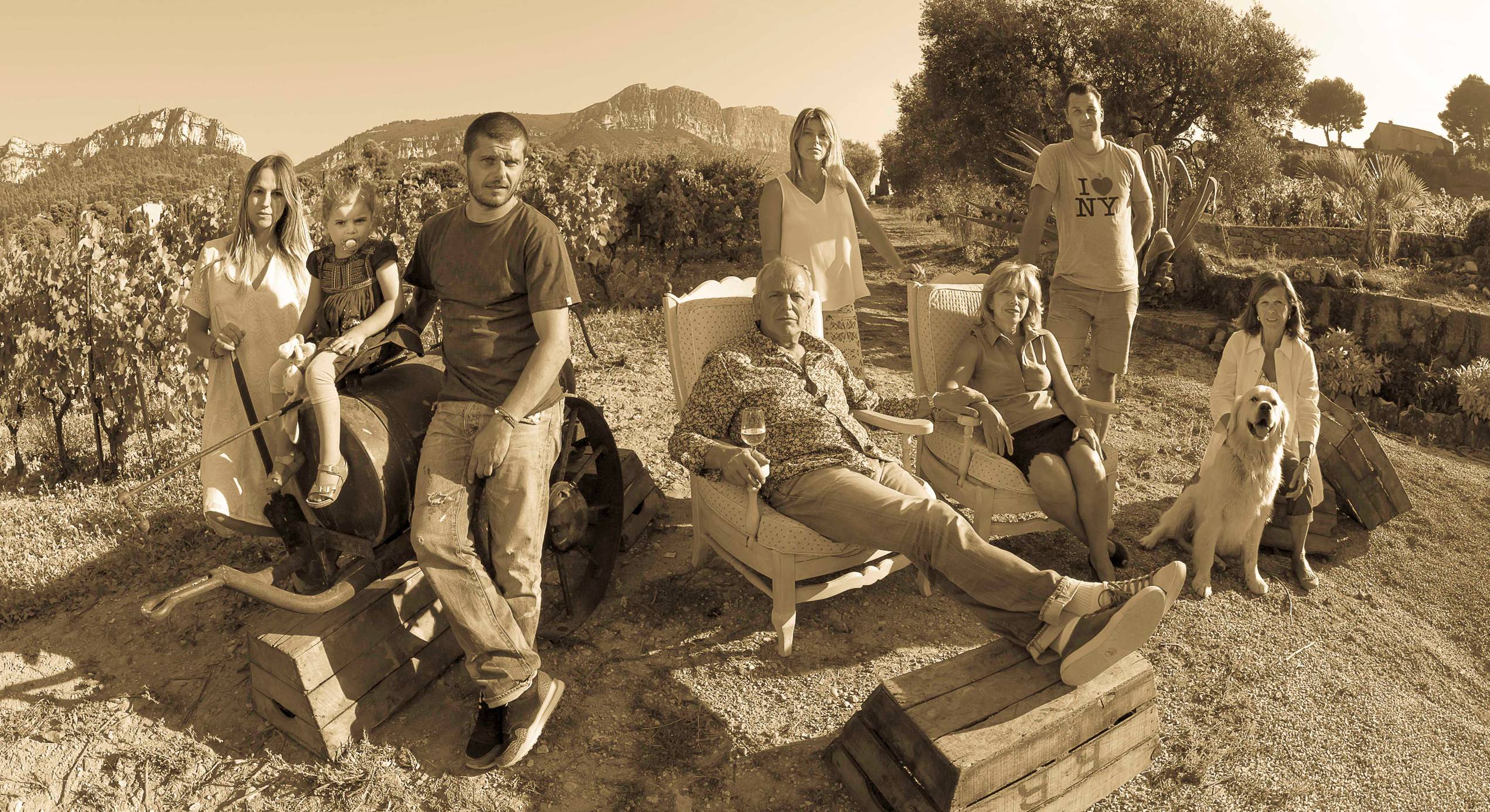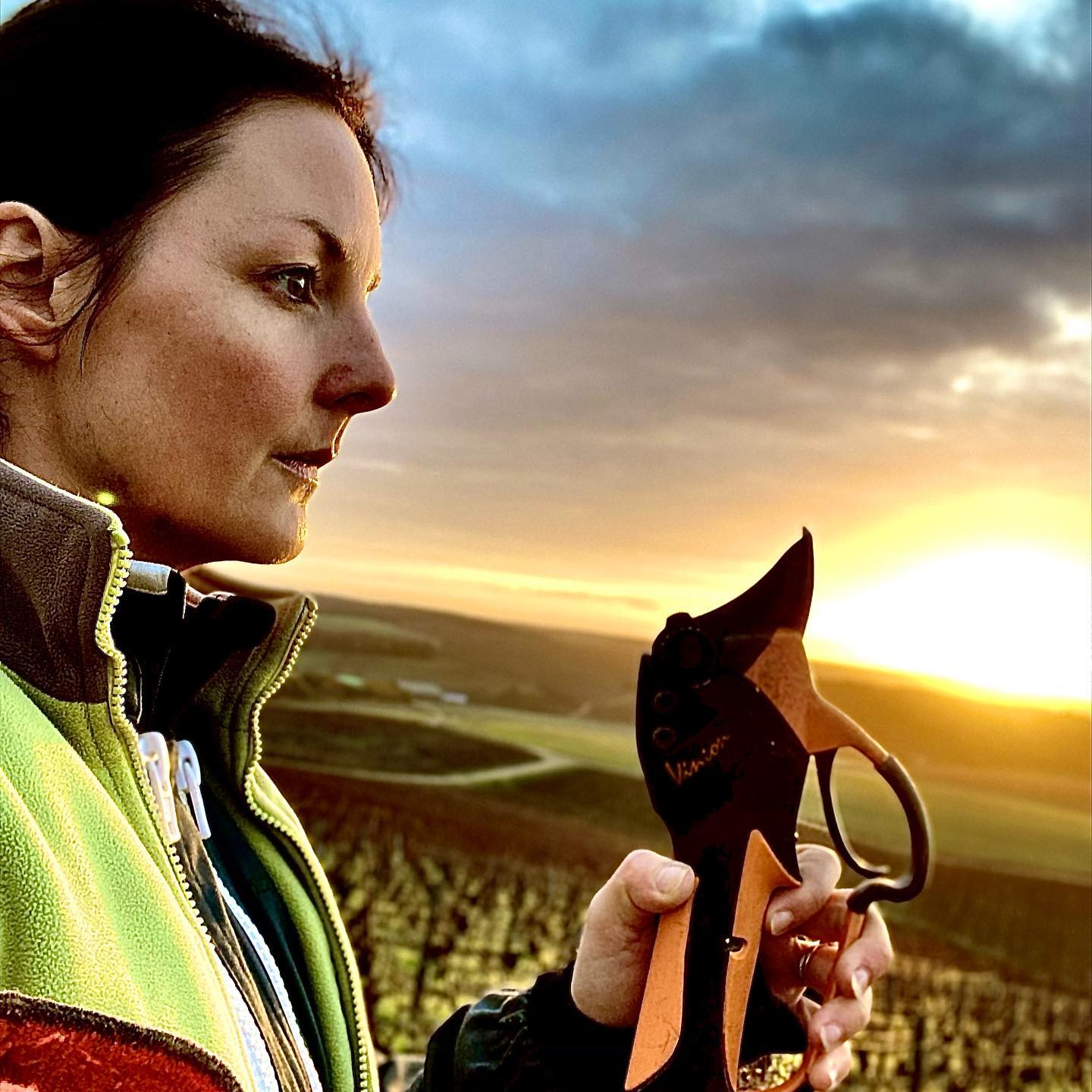
Louise’s tenacity lives on in Delphine, who produces astonishingly vibrant wines with a total absence of ornamentation.
Old wine guides write off the department of the Aube—situated well southwest of Epernay and Reims, closer to Chablis than to the traditional “heart” of Champagne—as a second-rate zone, following the lead of the big houses who pushed in the early 1900s for the Aube to be excluded from classification. (Ironically, these same grandes marques have never had a problem purchasing vast quantities of Aube fruit for inclusion in their macro-cuvées.)
Recent decades have seen an explosion of grower-bottled Champagnes from the Aube, although as elsewhere in the region these still comprise a strong minority. With its noble Kimmeridgian soils, the Aube—particularly in its primary viticultural zone of the Côte des Bar—can produce wines of striking mineral clarity and power. That vinosity, which a young generation of growers in the Marne now seeks to capture in their wines, comes naturally to the Aube, and while their frankness may run counter to the more frou-frou sensibilities perpetuated by the big names up north, Aube wines are manna for those who prize individuality and sense of place.
We live in the era of the “superstar winemaker,” and it is perhaps easy to forget that for most of its history viticulture has been simply an extraordinarily taxing form of subsistence farming. Before the appellation system, before mechanization, and before the possibility of easy travel, Louise Brison eked out a modest living from a few hectares of vines in her home village of Noé-les-Mallets in the Côte des Bar. The family trade sustained the Brisons through the tumult of the 20th century, and Louise’s grandson Francis began estate-bottling a portion of their fruit in 1991. Today, Francis’ daughter Delphine looks after the family’s 15 hectares, and since taking the reins in 2004 she has converted fully to organic viticulture—practicing since 2011 and certified since 2017.
More on Champagne Louise Brison here.
Related
